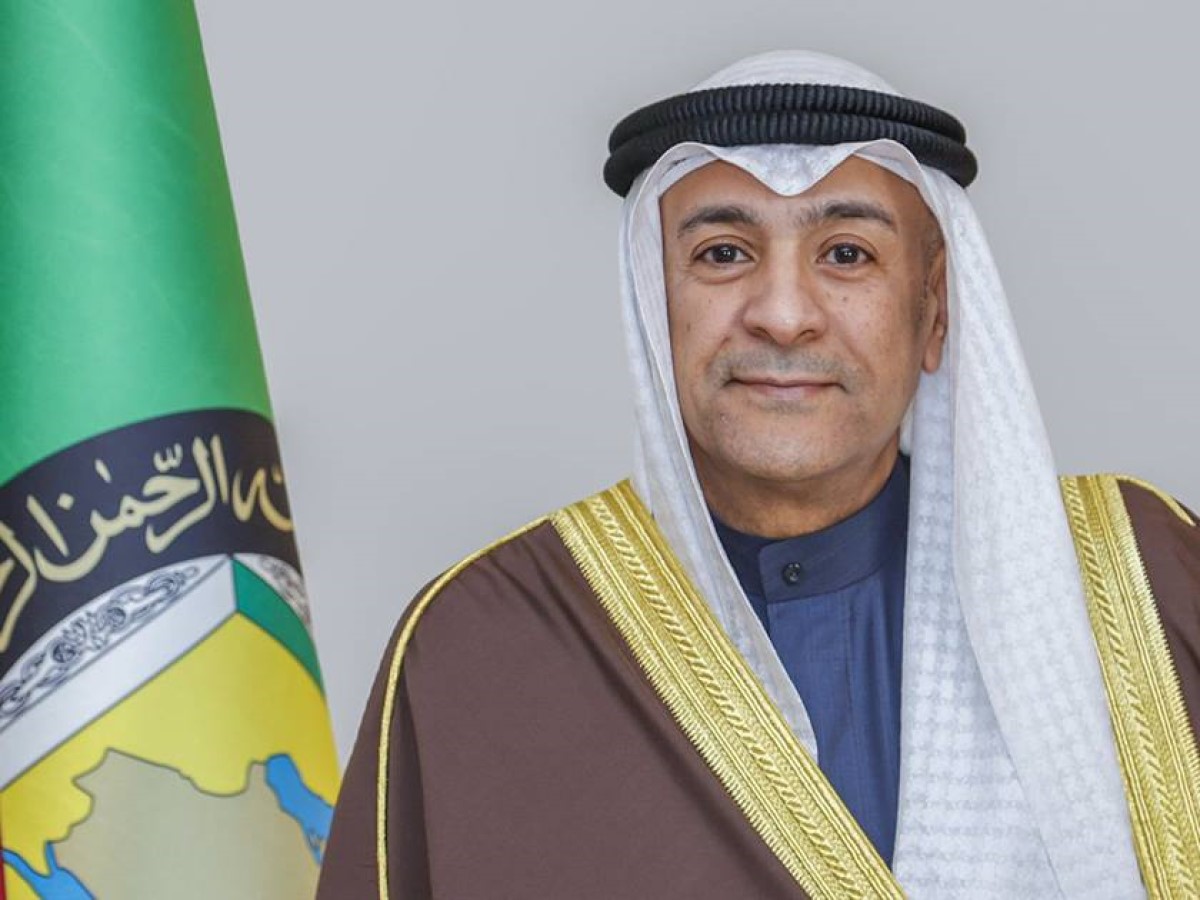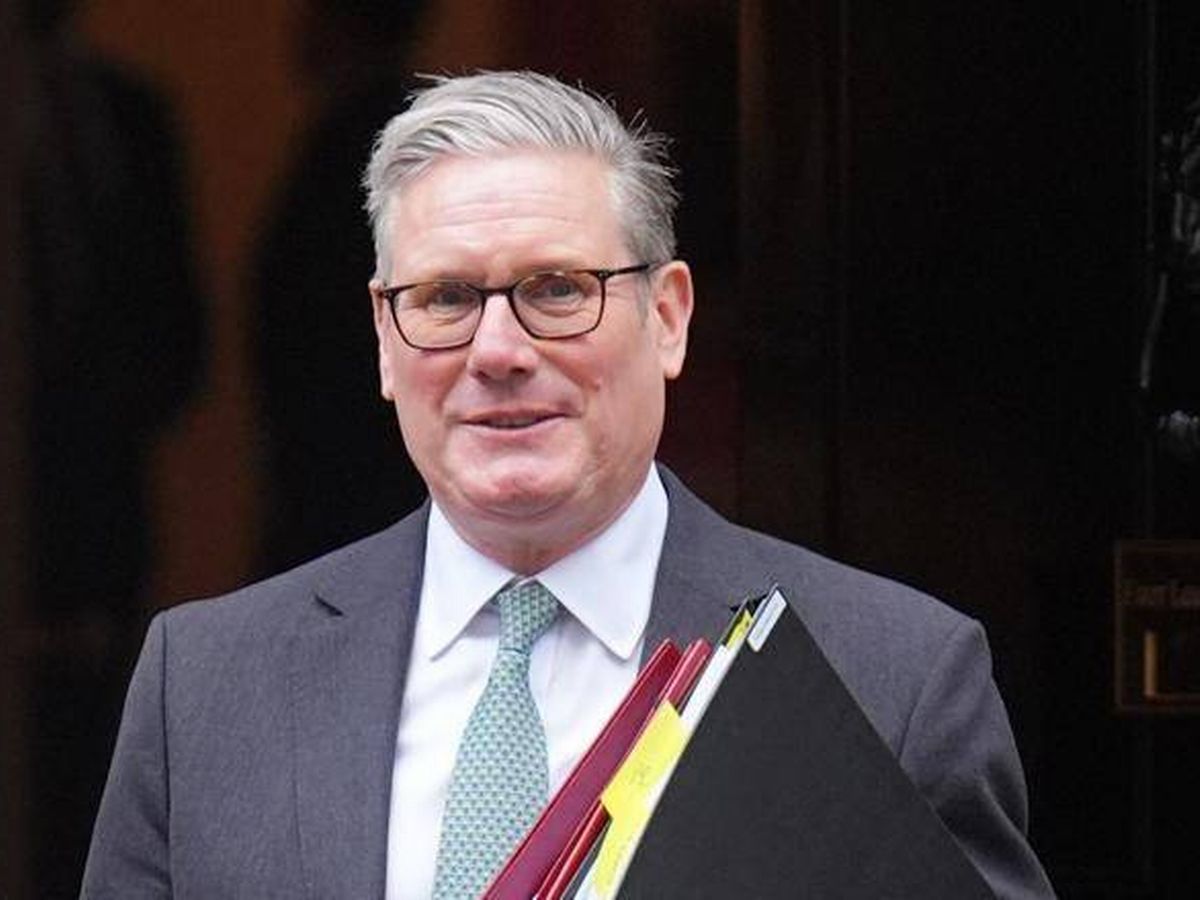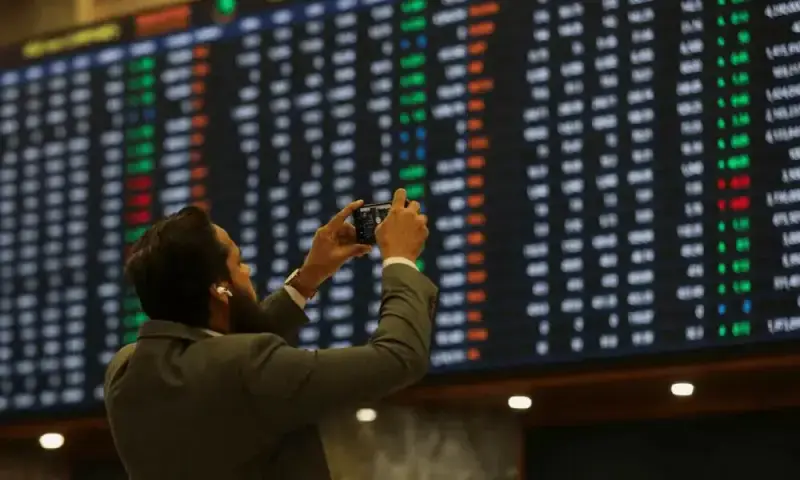By Israeli Gunfire
Copyright qna

Doha, September 22, 2025 (QNA) – The Kingdom of Saudi Arabia will mark its 95th National Day on Tuesday, celebrating nearly a century of unity, growth, and national pride under the theme ‘Pride is in Our Nature’ – a slogan that reflects the nation’s enduring unity, cultural identity, and pride in its deep-rooted heritage and modern achievements.
The occasion commemorates the unification of the Kingdom in 1932 by King Abdulaziz bin Abdulrahman Al-Saud, who laid the foundations for a strong, stable, and secure state rooted in Islamic values and a commitment to progress. His vision of a cohesive, modern nation continues to inspire the Kingdom’s leadership and people to this day.
The chosen theme highlights 95 years of national pride, symbolizing the values deeply embedded in the character of the Saudi people—generosity, ambition, loyalty, and authenticity. These traits have helped shape a national identity that is both proud of its traditions and forward-looking in its aspirations.
This year’s celebration comes at a time when Saudi Arabia is witnessing continued transformation and rapid development, driven by Vision 2030, a comprehensive national strategy under the leadership of Custodian of the Two Holy Mosques King Salman bin Abdulaziz Al Saud and HRH the Crown Prince and Prime Minister Prince Mohammed bin Salman. Through clearly defined development plans, the Kingdom has positioned itself as a regional and international model of growth, innovation, and influence.
Saudi Arabia’s modern renaissance builds upon a historic legacy established by King Abdulaziz, whose founding of the Kingdom followed 32 years of struggle and unification efforts, culminating in the declaration of the modern Saudi state on September 23, 1932.
From its earliest days, the Kingdom prioritized the implementation of Islamic law, the pursuit of peace and development, and the promotion of education and knowledge. King Abdulaziz laid the institutional foundations of the modern state by establishing key ministries, diplomatic relations, and a governance system based on consultation (shura) and engagement with citizens.
Under his rule, Saudi Arabia became a founding member of the Arab League in 1945, and his leadership was marked by significant regional and international diplomatic contributions. Domestically, he championed education, initiated student scholarships abroad, and supported publishing, particularly of Islamic and Arabic works.
King Abdulaziz also placed great emphasis on serving the Two Holy Mosques and improving the pilgrimage experience, while the discovery of oil in 1938 in the Eastern Province marked a turning point in the Kingdom’s economic development and global significance.
His legacy set the stage for generations of leaders who continued the mission of building a strong, unified, and modern nation. Today, under the leadership of King Salman and Crown Prince Mohammed bin Salman, the Kingdom stands at a new peak of progress, stability, and ambition—driven by innovation and a vision to shape a prosperous future for coming generations.
As Saudi Arabia celebrates its National Day, it not only honors its past but also reaffirms its commitment to a future built on resilience, cultural identity, and global engagement.
Saudi Arabia is witnessing a transformative era marked by unprecedented growth, sustainability, and development, both domestically and on the global stage. The Kingdom has achieved significant milestones across multiple sectors, reinforcing its standing as a political, economic, and cultural powerhouse. Today, Saudi Arabia ranks among the top 20 economies globally, holds the title of the largest economy in the Middle East, and remains the world’s leading oil exporter.
A major turning point came in 2016 with the launch of Vision 2030, a comprehensive national strategy aimed at diversifying the economy away from oil dependency. Since then, the Kingdom has implemented far-reaching reforms and development plans that have delivered remarkable results, exceeding expectations in economic performance and institutional restructuring.
These reforms have positioned Saudi Arabia as a global hub for business and investment, offering a competitive environment for entrepreneurship, reorganizing economic cities, launching special economic zones, and liberalizing the energy market.
One of the most notable achievements came on September 10, when HRH Crown Prince Mohammed bin Salman announced during the opening of the second session of the ninth Shura Council year that non-oil economic activities now contribute 56% to the Kingdom’s GDP, which has exceeded SAR 4.5 trillion for the first time in the country’s history.
This milestone signals a historic shift in Saudi Arabia’s economic model, underlining the effectiveness of Vision 2030 in reducing oil reliance and promoting diversified growth. As a result, the Kingdom has become an attractive destination for international corporations, with 660 global companies choosing Saudi Arabia as their regional headquarters—surpassing the target set for 2030.
These achievements reflect extensive improvements in infrastructure, digital services, and the resilience of the Saudi economy, all of which are enhanced by the Kingdom’s strategic location at the crossroads of three continents. Vision 2030 also provides a clear roadmap for boosting international trade, forging global partnerships, and empowering local businesses to expand their exports.
In addition, Saudi Arabia is advancing rapidly in the artificial intelligence sector, with key agreements being signed to support Vision 2030’s innovation goals.
These efforts aim to position the Kingdom as a global hub for AI in the coming years, further solidifying its role as a forward-thinking, future-ready nation.
Rooted in a firm belief that sustainable development requires a resilient and diversified economy, Saudi Arabia has prioritized building a robust public finance system – one that moves away from dependence on a single, volatile revenue source. Since the launch of Vision 2030, this strategy has laid the groundwork for long-term stability and positioned the Kingdom as an increasingly attractive destination for global investment.
This economic overhaul has delivered notable results: unemployment has dropped to record lows, women’s participation in the workforce has significantly increased, and the proportion of low-income citizens has decreased – marking major milestones in the country’s ongoing transformation.
At the heart of Vision 2030 is a commitment to empowering citizens, diversifying the economy, and enhancing Saudi Arabia’s global standing. The vision is structured around three core pillars: a vibrant society, a thriving economy, and an ambitious nation.
To ensure a clear roadmap, the strategy was divided into three five-year phases. The first phase focused on foundational reforms across economic, financial, and social sectors. The second phase aimed to accelerate implementation and unlock the full potential of priority industries through targeted development strategies. The third phase, now underway, seeks to cement the sustainability of these reforms and identify new areas of growth and innovation.
The results are increasingly visible across all sectors. From infrastructure to technology and public services, Saudi Arabia is experiencing rapid growth and broadening economic opportunities.
Vision 2030 also embraces culture and innovation as critical elements of national progress. This includes positioning creativity as a strategic asset and transforming cultural expression into a comprehensive national project that connects the present to the Kingdom’s rich heritage.
A major turning point in this effort came with the establishment of the Ministry of Culture in 2018, which was mandated to lead a cultural redefinition – moving beyond traditional event organization to embedding culture into the everyday lives of citizens and residents.
Since then, the Kingdom has launched 11 specialized cultural commissions along with various literary and artistic associations. Each body operates under a clear strategy and budget, offering professional training, creative platforms, and institutional support – marking a shift from fragmented individual efforts to sustainable, structured cultural development.
Heritage preservation efforts have also evolved. No longer limited to preservation and documentation, Saudi Arabia has adopted a model of living heritage, presenting cultural legacy in dynamic, contemporary formats that engage modern audiences and inspire a deeper appreciation of the Kingdom’s identity.
Through Vision 2030, Saudi Arabia is not only reshaping its economy but also redefining its cultural landscape – merging tradition with innovation to build a future that is inclusive, creative, and globally competitive.
Among the foremost initiatives comes the revival of intangible cultural heritage, documenting folk tales, oral narratives, and traditional chants, and registering Saudi sites on UNESCO’s World Heritage List, including Historic Jeddah, Al-Ahsa Oasis, Hima Cultural Area, AlUla, and At-Turaif in Diriyah.
Interestingly, professional exhibitions in Arabic calligraphy, Islamic ornamentation, and manuscripts manifest the Kingdom’s civilizational depth and rich cultural legacy.
Major events have transformed the cultural and social landscape, notably Riyadh Season, supervised by the General Entertainment Authority, and international festivals combining music, theater, fine arts, literature, and entertainment.
Diriyah Season offers a live cultural experience showcasing Saudi history in an epochal form, while AlUla Season blends arts, nature, and the historical depth of the sandstone desert.
The Riyadh International Book Fair has become one of the region’s largest events, drawing countries, publishers, and authors.
Saudi women have advanced in cultural and artistic fields as writers, directors, musicians, critics, and architects, holding leadership positions in cultural institutions.
Tourism is a cornerstone of the Saudi Arabia’s vision 2030, diversifying the national economy, emerging as a vibrant destination combining heritage, nature, and future aspirations, offering an exceptional experience for global visitors.
Tourism represents a journey through time and diversity, from past civilizations to future visions, deserts to mountains, and traditional markets to smart cities.
Vision 2030 has transformed Saudi Arabia into a global hub where history fuses with modernity, desert meets sea, and culture meets adventure.
The Ministry of Tourism reported 116 million domestic and international tourists in 2024, a 6% increase over 2023, with total spending reaching SAR 284 billion, up 11%.
Development spans all sectors through scientific plans and practical steps, with clear implementation schedules ensuring projects drive growth and progress.
Politically, Saudi Arabia is a pillar of regional and international security and stability, with diplomacy achieving balance of power and global cooperation.
Citizens and residents celebrate the 95th National Day, expressing pride in achievements and aspirations for future generations under the prudent leadership, mobilizing all resources to ensure a dignified and stable life.
Regions across Saudi Arabia host activities and events reflecting pride in this anniversary and the enduring significance of National Day. (QNA)



